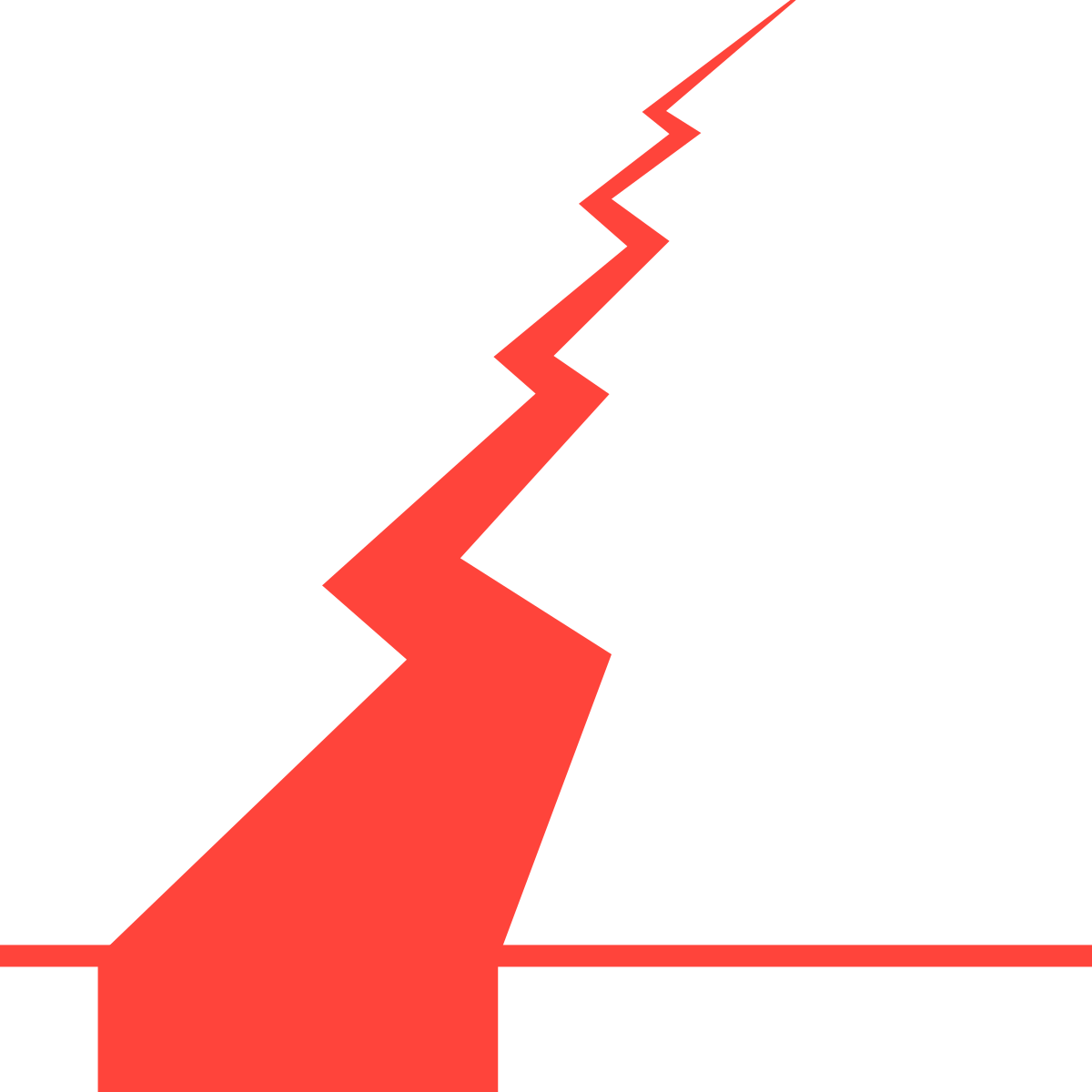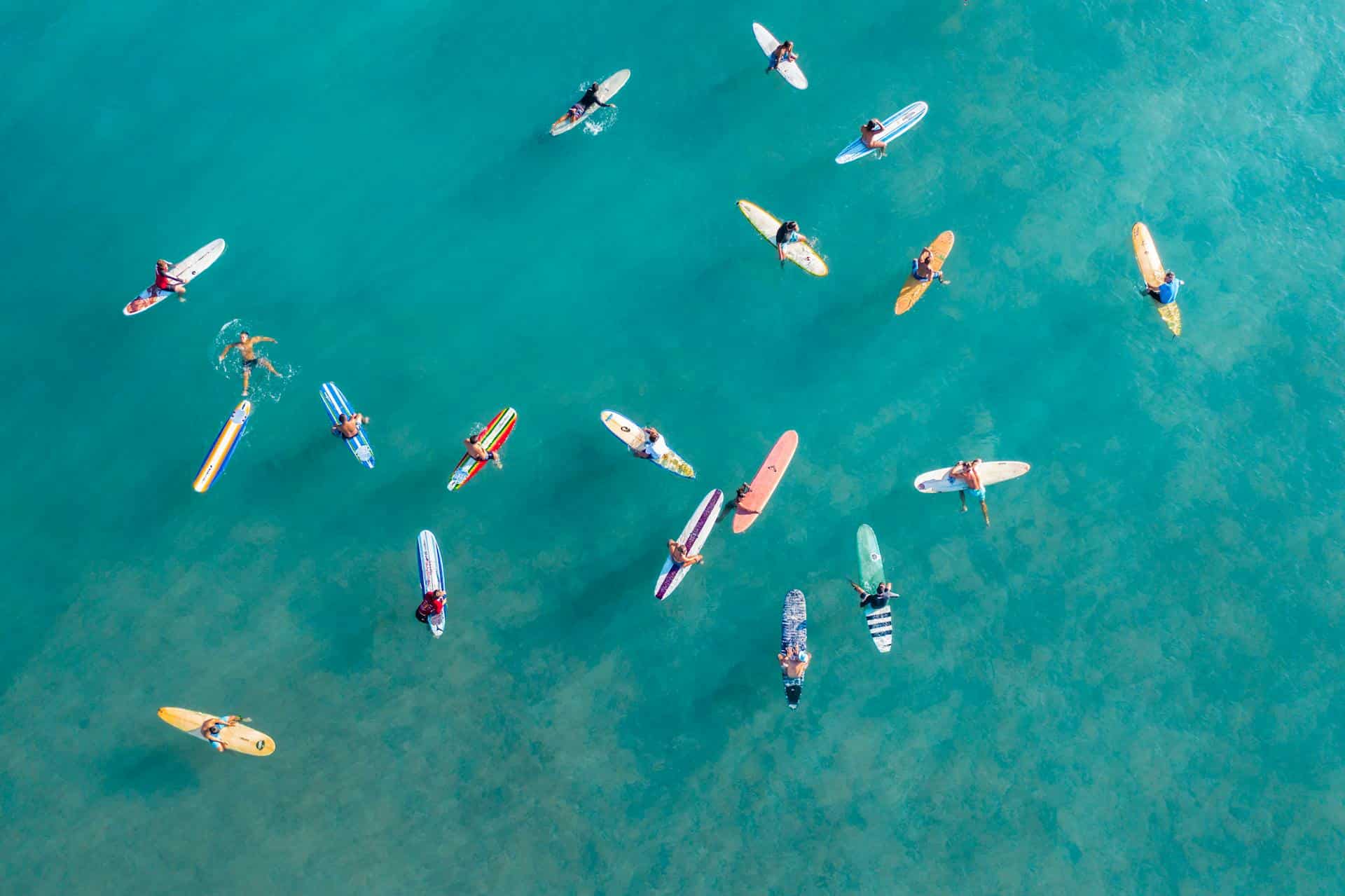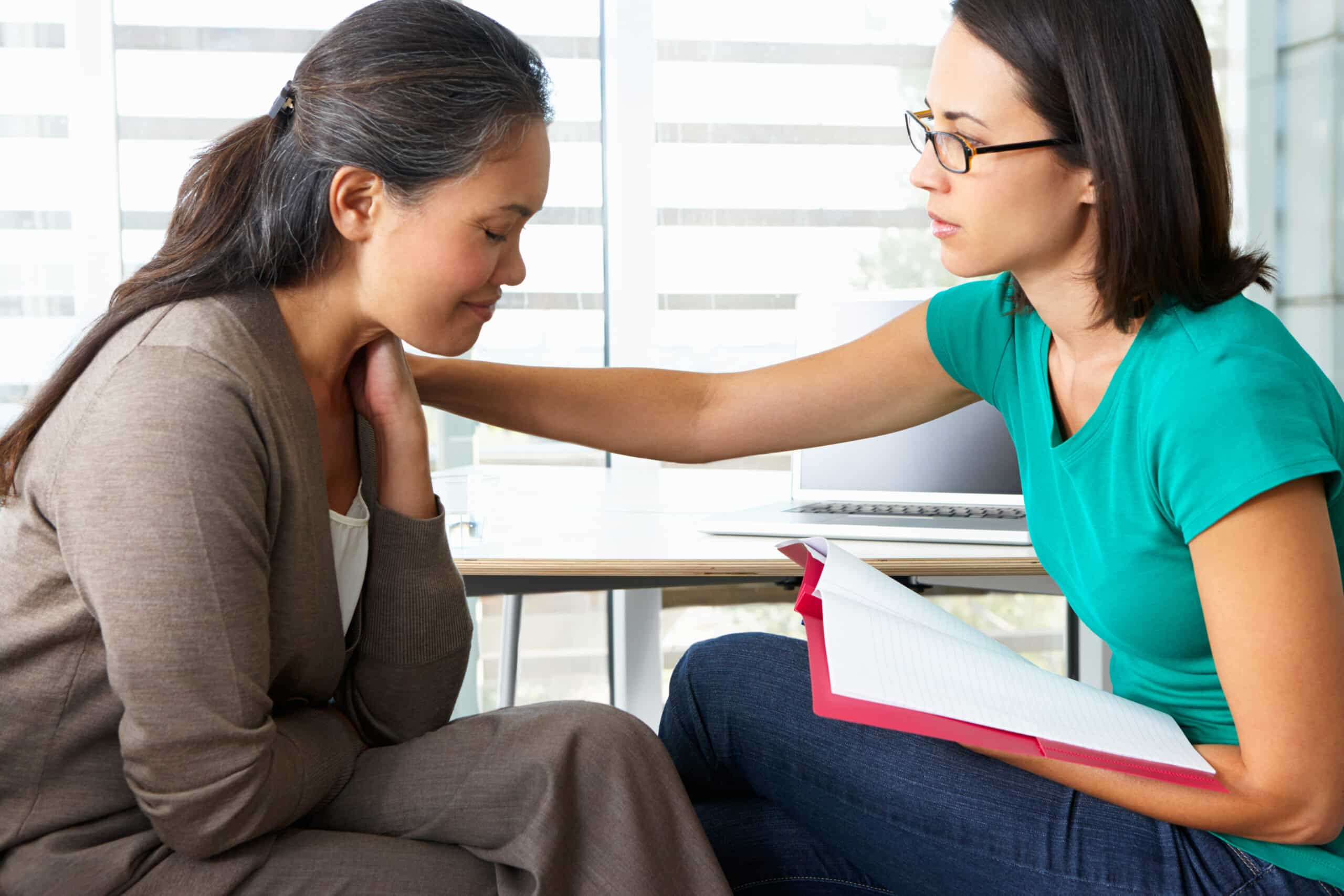Earthquakes can strike without warning.
Most are small, but larger ones can cause serious damage or trigger tsunamis.
AUW 211 connects Hawai‘i residents with real-time information, emergency resources, and recovery support before, during, and after an earthquake.

If you are in immediate danger, please dial 911!
Communities Impacted
Earthquakes can affect anyone in Hawai‘i, but certain people and areas face greater risk:
- Residents in older homes or unreinforced structures
- People living near steep slopes or cliffs (landslide risk)
- Coastal communities vulnerable to tsunamis
- Kupuna, keiki, and individuals with mobility or medical needs
- Households without emergency kits or communication plans

Where can I go?
During the quake:
- Drop, Cover, and Hold On. Get low, protect your head and neck, and hold onto sturdy furniture.
- Stay indoors until the shaking stops. Avoid windows, mirrors, and heavy hanging objects.
- If outside: Move to an open area away from buildings, trees, and power lines.
- If in a vehicle: Pull over safely, stay inside, and avoid bridges or tunnels.
After the quake:
- Check for injuries and administer first aid if needed.
- Inspect your home for gas leaks, water line breaks, or electrical damage.
- Be ready for aftershocks. Move carefully and stay alert.
- If near the coast: Move to higher ground immediately — earthquakes can trigger tsunamis.
- Listen for official alerts, HI-EMA or your county civil defense agency.
What can I do to prepare?
Preparation saves lives. Secure your home and have a plan before an earthquake happens.
Before:
- Anchor heavy furniture, shelves, and water heaters to walls.
- Keep breakable or heavy items on low shelves.
- Know how to shut off gas, water, and electricity.
- Store emergency supplies:
- Flashlight and extra batteries
- First aid kit and whistle
- Non-perishable food and water (at least 7 days’ worth)
- Battery-powered radio
- Sturdy shoes and gloves
- Practice “Drop, Cover, Hold On” drills with your family.
During:
- Protect yourself first — do not run outside.
- Stay away from windows and exterior walls.
- Keep calm and wait for shaking to stop.
After:
- Check on your family, neighbors, and pets.
- Use text messages or social media to communicate (to keep phone lines open).
- Be cautious when cleaning up — wear protective shoes and gloves.
- Take photos of damage for insurance or FEMA documentation.

What can AUW 211 provide?
Aloha United Way 211 connects you to trusted, local resources during and after an earthquake:
-
Shelter and evacuation site information
-
Food, water, and emergency supply assistance
-
Crisis counseling and mental health support
-
Cleanup, repair, and disaster recovery programs
-
Financial assistance referrals for families affected by earthquake damage
-
Language support and accessibility services for non-English speakers and people with disabilities
Call 211 or search online for live help, 7 days a week.
How can I help my neighbor?
Earthquakes are easier to recover from when we work together.
- Check on kupuna, neighbors with disabilities, or families with young children.
- Share accurate information from official channels — avoid spreading rumors.
- Offer food, water, or charging stations if you have power.
- Donate to Aloha United Way’s Disaster Relief Fund or local trusted charities.
- Volunteer with community cleanup or recovery efforts when it’s safe to do so.
Quick Resources
Need help right now? These official resources can connect you with emergency alerts, shelters, and support in your area.
Dial 911 for life-threatening emergencies.
Dial 211 for non-emergency help and local resources.
